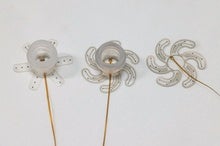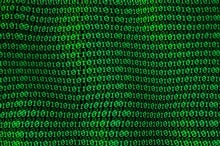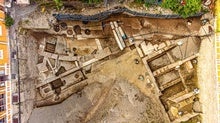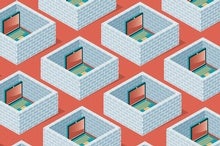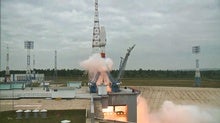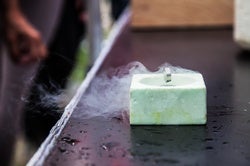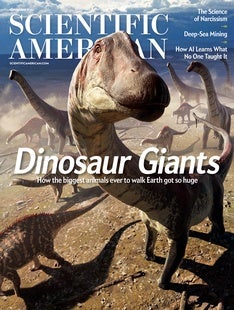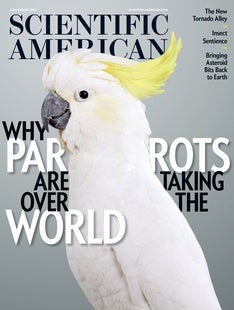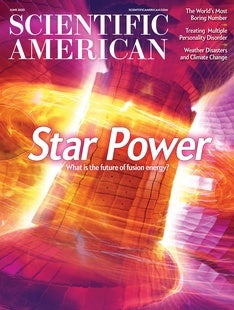 |
| August 15, 2023 |
New findings about LK-99, a material that seemed to exhibit superconductive behavior under real-world conditions, suggest it is not, in fact, a breakthrough substance that could revolutionize technology, from the power grid to personal electronics. However, the fact that the Internet spent weeks discussing condensed matter physics demonstrates a hunger for high-tech solutions to climate change. Read more in this week's top story! |
| | Sophie Bushwick, Associate Editor, Technology
| |
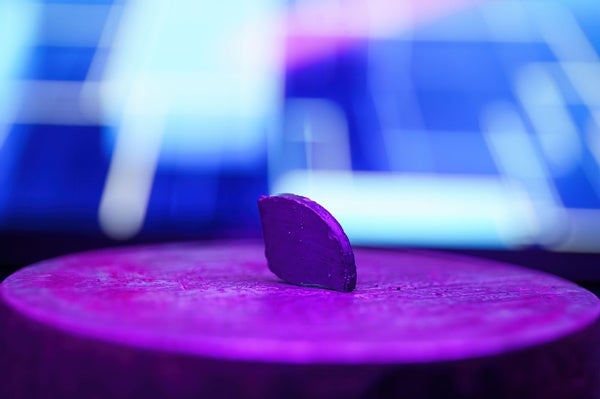 |
| |
| |
| |
| |
| |
| |
| Artificial Intelligence Safeguarding AI Is Up to Everyone The use of artificial intelligence is so varied and industry-specific, no one federal agency can manage it alone | | | | |
| |
| QUOTE OF THE DAY
 "Against a nationwide backdrop of book bans and censorship campaigns, Iowa educators are turning to ChatGPT to help decide which titles should be removed from their school library shelves in order to legally comply with recent Republican-backed state legislation." Andrew Paul, Popular Science | |
FROM THE ARCHIVE
 | | | |
LATEST ISSUES
 |
| |
| Questions? Comments?  | |
| Download the Scientific American App |
| |
| |





